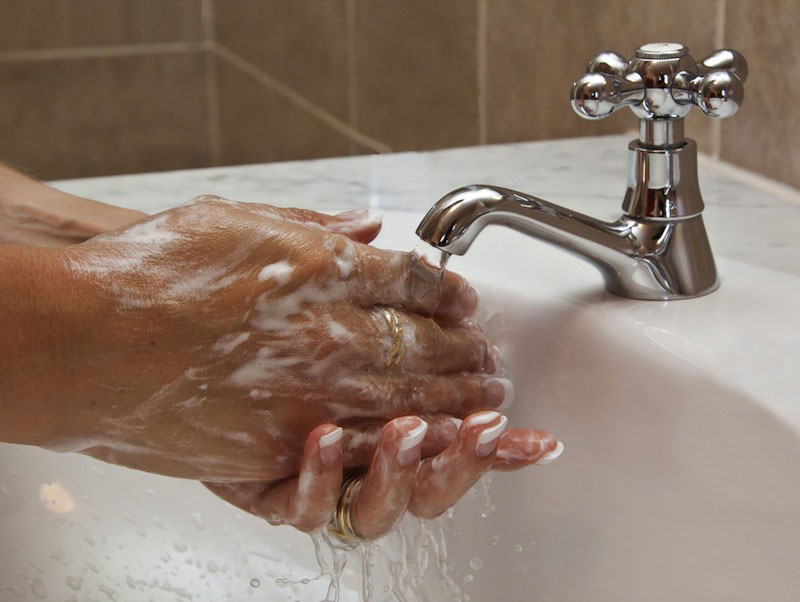Antibacterial Soap: Companies Must Prove It's Safe & Effective, FDA Proposes

Out of concern that antibacterial soaps may pose more risks than benefits, the Food and Drug Administration has issued a proposal that would require makers of such soaps to show that their products really work, and are safe to use.
Under the proposal, which still needs to be finalized, manufacturers of antibacterial soaps and body washes would need to prove that their products can be used safely on a daily basis, and that they are more effective than plain soap and water at preventing the transmission of infections, the FDA said.
If manufacturers cannot demonstrate this, the products would need to be reformulated to remove certain antibacterial chemicals, or be relabeled without their antibacterial claim, the FDA said. [12 Worst Hormone-Disrupting Chemicals]
Although millions of Americans use antibacterial soaps, there is no evidence that these products are more effective than regular soap at preventing illness, the FDA said.
What's more, some studies suggest that certain antibacterial chemicals, such as triclosan, may affect hormones in the body, as well as contribute to the rise of antibiotic resistance, the FDA said.
"Antibacterial soaps and body washes are used widely and frequently by consumers in everyday home, work, school and public settings, where the risk of infection is relatively low," Dr. Janet Woodcock, director of the FDA's Center for Drug Evaluation and Research, said in a statement. “Due to consumers' extensive exposure to the ingredients in antibacterial soaps, we believe there should be a clearly demonstrated benefit from using antibacterial soap to balance any potential risk."
The new proposal does not affect hand sanitizers, wipes or antibacterial products used in hospitals and other health care settings, the FDA said.
Get the world’s most fascinating discoveries delivered straight to your inbox.
The FDA is asking for public comment on the proposal over the next 180 days, and manufacturers will have one year to submit new information about their products' safety and effectiveness.
In the meantime, the agency emphasized the importance of hand washing.
"Washing with plain soap and running water is one of the most important steps consumers can take to avoid getting sick and to prevent spreading germs to others," said Dr. Sandra Kweder, deputy director of the FDA's Office of New Drugs.
Follow Rachael Rettner @RachaelRettner. Follow LiveScience @livescience, Facebook & Google+. Original article on LiveScience.

Rachael is a Live Science contributor, and was a former channel editor and senior writer for Live Science between 2010 and 2022. She has a master's degree in journalism from New York University's Science, Health and Environmental Reporting Program. She also holds a B.S. in molecular biology and an M.S. in biology from the University of California, San Diego. Her work has appeared in Scienceline, The Washington Post and Scientific American.


